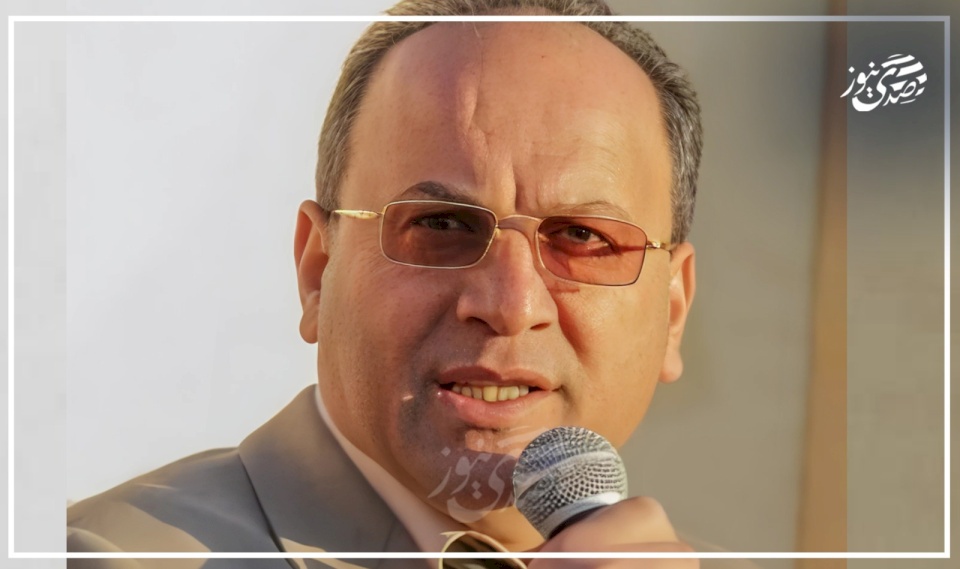
Document of Penalty... A Restricted Passport
The passport, in its essence, is a promise of freedom, a ticket to the world, and a symbol of a person's right to move and live with dignity. However, for the Palestinian, it is nothing but an additional restriction, a document that doubles isolation instead of dissolving it, and closes doors instead of opening them. Nevertheless, this passport carries within it a symbol of pride and national dignity and serves as a prelude to a state that an entire people aspires to. It is their globally recognized identity, a mark of their resilience in the face of occupation, and a beacon of hope in their fragmented homeland.
In global indicators, the Palestinian passport is classified among the weakest, almost excluding its holder from most capitals and airports. Only eleven countries allow entry without a visa, while more than one hundred and sixty countries impose prior restrictions. Thus, travel for a Palestinian becomes a journey that begins at checkpoints and does not end at borders—a journey fraught with lengthy procedures, prior approvals, and continuous scrutiny, especially in the Arab space, while a foreign passport holder is treated with ease and flexibility.
The painful paradox is that this deprivation is not limited to facing direct occupation but extends to confronting restrictions within the Arab space itself. Strangely, in many Arab and Islamic countries, slogans supporting Palestine and its people are raised, yet their doors are practically closed to Palestinians, while they are wide open to foreigners. Palestinians turn into a "security exception" in the eyes of their Arab brothers, monitored and restricted, summoned to dark rooms or airports without logical justification, indifferent to the psychological effects and the disruption of daily life necessities, such as treatment, education, or work.
The restrictions are not just a paperwork issue; they reflect on the details of all life when students are denied access to their universities, patients miss their scheduled treatments, and families are prevented from reuniting or participating in occasions of joy or mourning. The Palestinian passport transforms from an identity document into an additional wall that exacerbates the blockade. Every journey, every crossing, every airport, and every hour of waiting becomes a test of the Palestinian's patience and resilience.
This reality reveals a grave duality: proclaimed slogans supporting the cause and actual policies that increase the isolation of the Palestinian individual. Between the rhetoric and implementation lies a wide gap, leading to the erosion of a fundamental human right: freedom of movement.
To achieve justice for the Palestinian in this context does not require new slogans but rather tangible and clear actions:
• Equal treatment at crossings and airports to ensure the lifting of all unjustified restrictions.
• Ending the "security exception" without justification and stopping any discriminatory measures against Palestinians solely because of their national identity.
• Activating official Arab commitments regarding freedom of movement with mechanisms for monitoring and accountability to ensure their implementation.
• Urgent facilitation for students, patients, and workers through special corridors that reduce lengthy bureaucracy and ensure the continuity of education, treatment, and work.
• Explicit recognition of the Palestinian passport as a sovereign document and affirmation of its respect internationally and regionally as a symbol of national identity and dignity.
• Media and international pressure to highlight the suffering of Palestinians due to these restrictions, compelling all countries to adhere to fair treatment.
• An effective Palestinian diplomatic move from the Ministry of Interior and the Ministry of Foreign Affairs to demand that countries respect Palestinian passport holders and protect their rights.
A passport is not just a piece of paper but a symbol of national dignity, and when it turns into a restriction, dignity itself becomes constrained. Lifting restrictions on the movement of Palestinians is not a favor from anyone but a human and political entitlement and a true test of the sincerity of all rhetoric extolling freedom and justice.
The Palestinian deserves to be treated like any person in this world: for their passport to be a document of life and honor, not a document of penalty.

Huckabee's Statements Reveal the Falsehood of Trump's Peace and Reinforce Religious Confli...

Licensed Occupation by Law

Whoever Does Not Plant Hope, Plants Departure...

Between "Here is Jerusalem" and "Here is Gaza" ... The Voice of a Nation and the Steadfast...

While some count the boos, Palestinians count their martyrs.. Paradoxes of the internation...

When the Palestinian Issue is Reduced to Gaza Management

Legally Licensed Occupation

